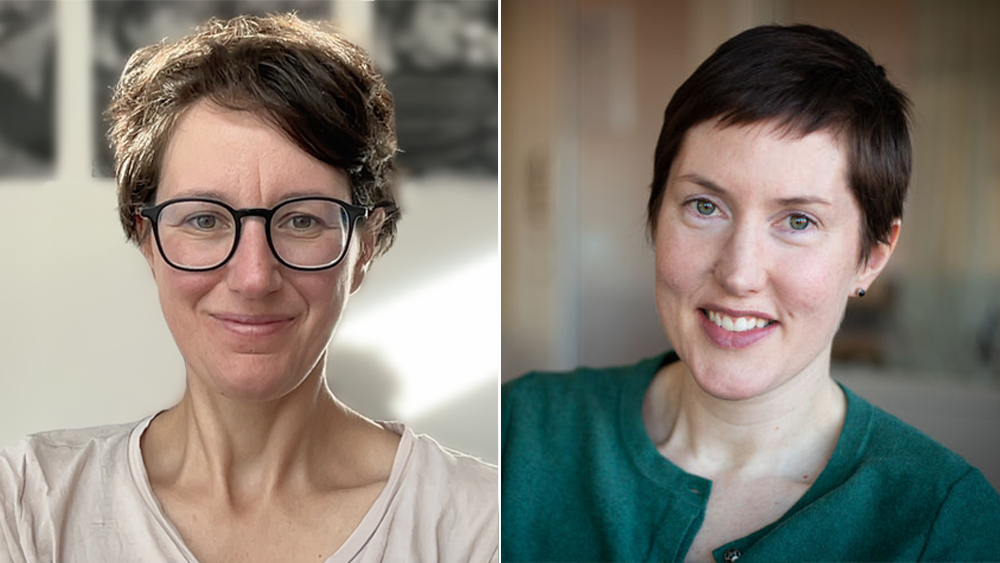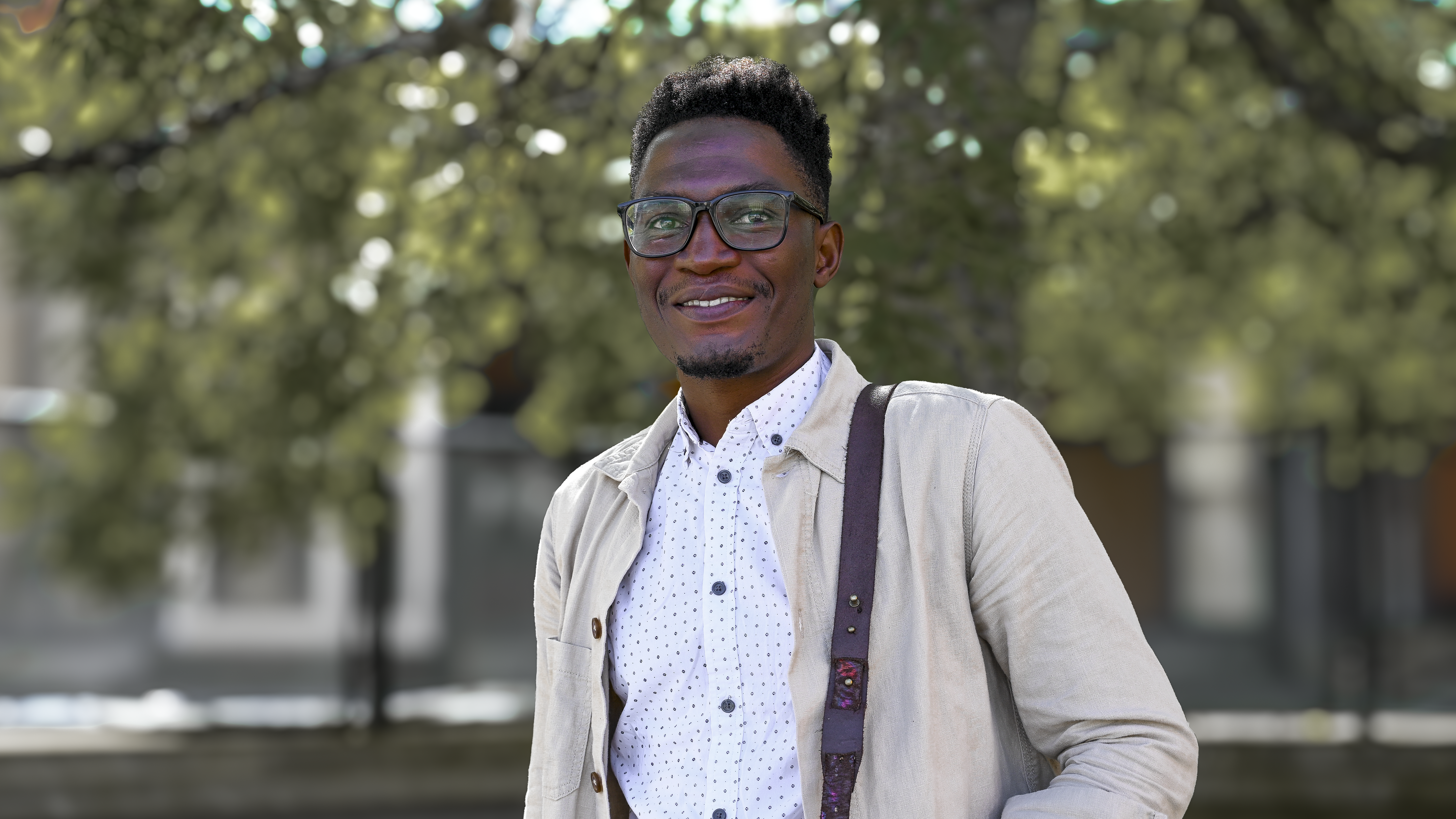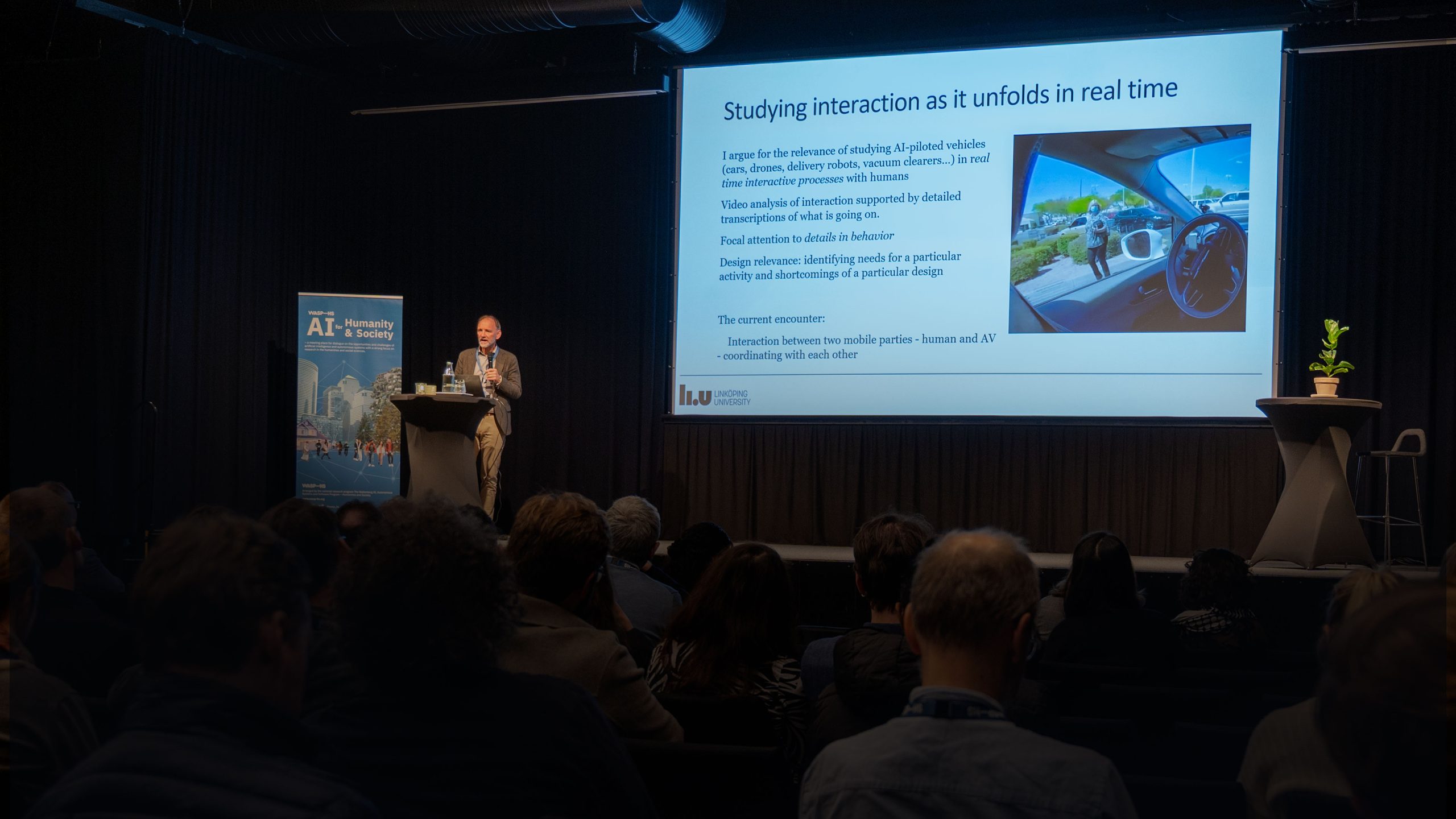Francis Lee, WASP-HS Associate Professor in Technology and Social Change at Chalmers University of Technology is chair for the WASP-HS Conference AI for Humanity and Society 2022. As chair, Francis Lee shares his thoughts and aims with the upcoming conference.
Artificial intelligence (AI) shapes our daily life in more ways than we may be aware of. Some examples of how AI is integrated in our daily life is in web searches, personified recommendations when we shop online, also when we watch our favorite TV shows in the evening. AI can also find suspicious bots and is helping us secure our presence online. In the future, AI is likely to be even more integrated in our daily lives.
Although AI is, and will be helping us in many ways, the technology has been predicted to be one of the significant long-term risks for humanity according to some (MacAskill, 2022). However, AI is still in its infancy and the decisions and directions we develop now have the potential to reshape AI in both utopian and dystopian ways. These are truly formative times for shaping the future with, and of, AI. This is why this year’s WASP-HS conference, AI for Humanity and Society, is a springboard to collectively think about—and start shaping—our future with AI.
With the conference we want to engage the general public, and create networks and conversations across fields so that we can make a collective effort to shape our common future. This is the reason we welcome researchers and academics from different fields, as well as multiple businesses, politicians and those representing NGOs. We need a broad collective conversation about the challenges and opportunities that arise in the future AI society and we need to understand the impact AI will have from all perspectives possible.
At the conference we are delighted to have Abeba Birhane and Martin Ulbrich as keynote speakers. Abeba Birhane is Senior Fellow in Trustworthy AI, who has done seminar work in AI ethics. Martin Ulbrich is Senior Expert in The AI Policy Unit (CNECT.A.2) of the European Commission. Not only do both keynote speakers represent important organizations, but we are also convinced that they will bring great food for thought and contribute to the important discussion.
One of our key visions for the conference is boundary crossing conversations. Therefore, one of the key focal points of the conference is to create spaces where these conversations can happen. For those attending the conference on-site at Grand Hotel in Stockholm we are organizing thematic conversations. These thematic conversations serve as a time and space where all participants can meet and mingle to connect on different topics. The topics chosen for these themes are based on the participants experiences of what the main challenges of AI is.
We are truly looking forward the annual WASP-HS conference on 17 November at Grand Hotel in Stockholm, and online. We are eager to listen in on the multiple conversations, see the building collaborations and dialogues on our future with AI. Making conversations possible across boundaries between academia, business, civil society, and politics is crucial for our common future with AI.
See you at the AI for Humanity and Society 2022 conference on 17 November!
Read more and register for the conference here.
References
MacAskill, William. 2022. What We Owe the Future. First edition. New York, NY: Hachette Book Group, Inc.





